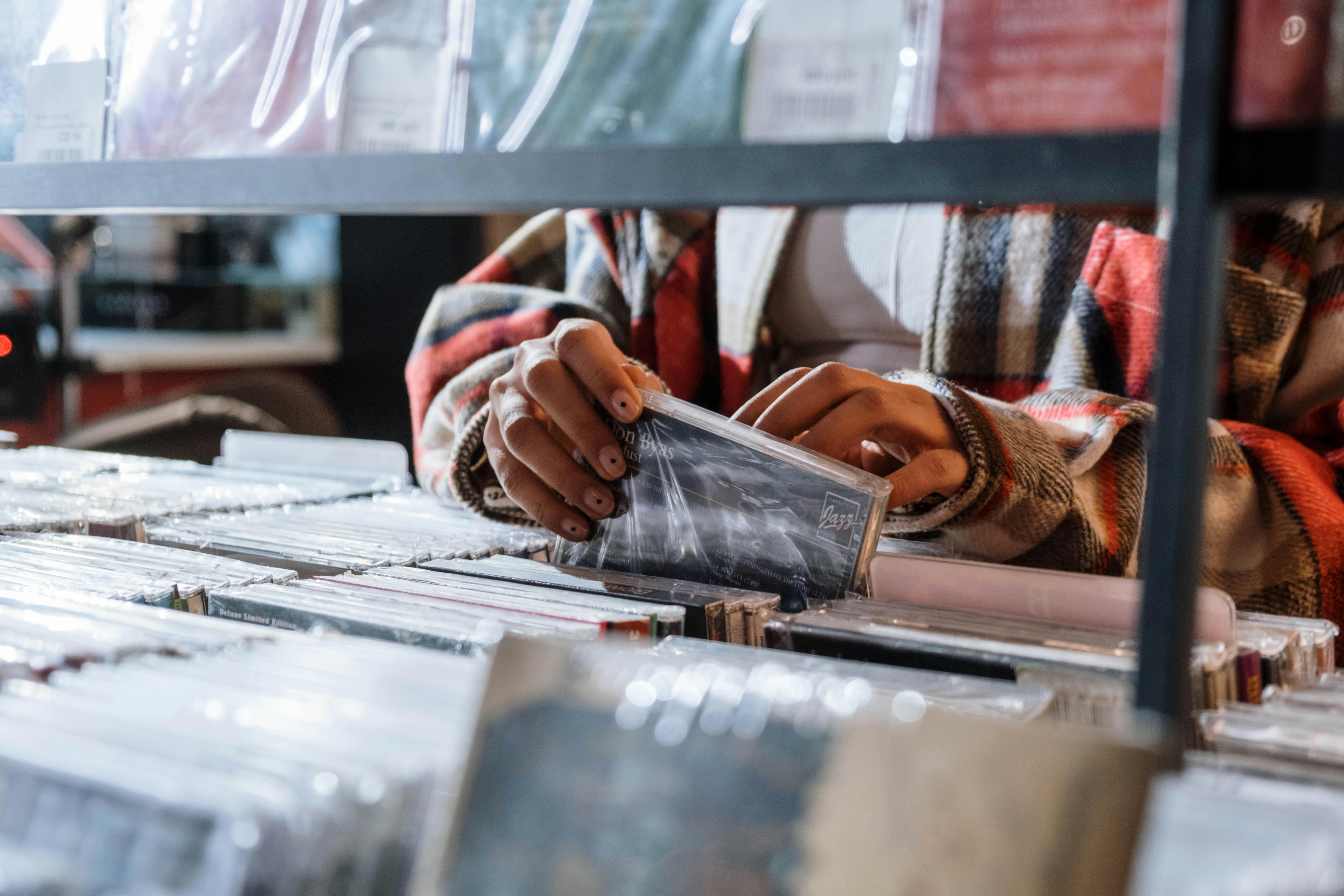This article explains why Alvin, a 3-year-old bichon/cockapoo mix, required surgery to remove his anal glands. Keep in mind that your dog may need periodic anal gland removal, but will not require surgery.
quick background
In case you’re not familiar with the location of a dog’s anal glands, they are situated on either side of his anus, at approximately 4 and 8 o’clock. Its purpose is to mark territory and uniquely identify a dog. Any canine can tell another dog’s age, sex, and general state of health by sniffing their anal glands.
When a skunk releases the foul odor to ward off its enemies, the excretion emanates from its anal glands. Fortunately, a dog’s glands don’t excrete such a bad odor, although owners who squeeze their dog’s glands say it’s downright offensive.
alvin’s case
Let’s go back to Alvin’s problem. His anal glans problem started with slipping (rubbing his butt on the floor). Some dogs also lick or bite their butts or chase their tails.
We tried to express its tassels but failed to produce any fluid. So we went to the vet’s office.
On two separate visits, the vet injected his glands with antibiotics. Please note that Alvie, our first dog (we have two Cockapoos), had to be removed for the antibiotic injection procedure. It’s terrifying to watch your dog “go under” because it looks like the vet is putting him to sleep forever. Fortunately, a second needle quickly returns the dog to consciousness. He may look dizzy, but he’s okay.
Every time Alvin had this procedure, the infection cleared up, but then it came back a few weeks later. When he started running again, we knew it was time for another trip to the vet.
The prognosis.
On the third visit, the vet announced that Alvin’s glands were not releasing fluid properly during bowel movements because the channel that carried the fluid was clogged. The “channel” was probably too small. Once he got clogged, the dog developed an infection. The condition was not going to resolve itself.
The vet suggested an anal glans removal surgery performed by himself. Since the author had already investigated this surgery, the major postoperative concern was incontinence. It seems that some dogs become incontinent forever after removing the tassels.
The idea of keeping Alvin in diapers was not a pleasant one. Equally unpleasant were the thoughts of taking the dog to the vet every month for antibiotic injections. We opted for surgery.
